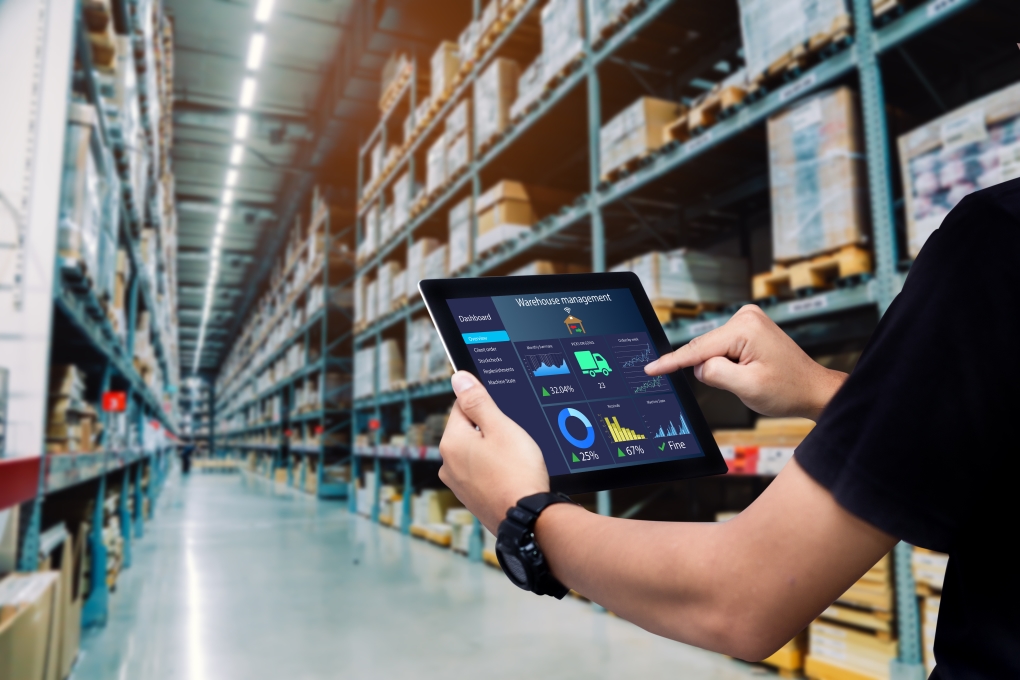
How Robotic Process Automation Can Contribute To Retail Growth
In the retail industry, robots are commonplace. Many retailers use robots as coworkers in factories, warehouses, and shops. Some even perform critical tasks to complete the entire retail process. But can Robotic Process Automation (RPA) take retail automation to the next level?
The retail industry has been employing RPA to smoothen its operations and gain growth momentum to overcome multiple problems. Whether in-store or online, the retail business has various functions where time and human error are major concerns.
What Is RPA
RPA refers to software that can execute user interface (UI) tasks. Robots can perform whatever employees do, saving them time and energy. RPA is useful for repetitive tasks that follow a set of rules.
If you want to invest in RPA, look for a reputable implementation partner like Oraclecms. RPA experts can help you test the feasibility and value of RPA in your organization and advise you on its scalability.
Common Challenges In Retail
Retailers have a lot of challenges to deal with in their day-to-day operations. Automation can be the answer to some of those.
The pandemic has tested the adaptability of the current process and business models. Relying on a small, human-dependent workforce while guaranteeing timely product availability and delivery may not be viable in the new normal. Manual order and invoice processing are laborious and time-consuming for most retailers.
To remain competitive and achieve success, retailers must focus on customer satisfaction and adapt to recent market trends that will orchestrate seamlessness of operation to keep up with customer demands. That’s where robotic process automation can help.
Take this as an example. Walmart is one giant retailer that uses hundreds of bots to automate operations, including answering workers’ inquiries, retrieving information from audit papers, monitoring inventory flow, and identifying slow-moving goods and deadstock. Walmart’s back-office manages millions of accounts receivable and millions of employee payrolls. Given the company’s size and scale of operations, even a minor transformation can result in significant savings. With the help of RPA, Walmart can deliver and complete many processes effectively and efficiently that benefit both the customers and the employees.
Uses Of RPA In Retail Industry Explained
Explore some retail robotic process automation use cases. The section below will give you insights into what RPA can do to spur business growth.
Sales Analytics
Large-scale sales data analysis is essential for marketing and consumer behavior research. It is a prerequisite for many retail activities, such as trade promotions, new product launches, and churn rate reduction.
Automated analytics enables fast access to detailed reports on client behavior and preferences. The program can identify the factors that cause customers to leave business services, allowing for a prompt intervention to keep them. Future-oriented research also allows for better sales forecasting, a key component of stock optimization.
Accounting And Finance
Certified professionals have traditionally managed the accounting and financial operations, but technological improvements have prompted the need for faster response and error reduction to keep up with the times. RPA achieves exactly that.
Invoice and order processing, cash flow management, account reconciliation, record to report cycles, and many other tasks can be managed with robotic process automation. Typically, finance processes and accounting practices use various systems, and employees must reconcile documents from multiple software. With RPA, the department’s operations become more streamlined with higher levels of accuracy, so it will give more time for the staff to focus on other essential tasks.
Trade Promotions
Trade promotions are important for retail businesses, but manually administering them is costly.
For some small companies, rolling out promotions is mainly done manually, generally spreadsheet-based, and requires continual data gathering and processing. If an RPA is in place, trade promotions can be done swiftly and efficiently. RPA can advise retailers which products their customers prefer and do not, allowing them to offer customized discounts and bundle offers to boost sales and revenues.
Significantly, RPA reduces human errors and improves productivity while enhancing the tracking system and analyzing promotional results.
Customer Support And Call Center
Conversational artificial intelligence (AI) and chatbots are changing customer service.
With the latest conversational AI, chatbots can handle complicated customer conversations, manage orders and payments, and notify customers of product releases, promotions, and price changes. This can be done without human interaction through the functionalities of RPA and AI, thus enhancing the customer service experience.
Keep in mind that a positive customer experience directly impacts your bottomline.
Automated Inventory Management
RPA bots can automatically update inventory databases. An unattended bot may run at the end of each day, updating records in inventory management systems.
With RPA working, the bot could even tell whether two products have the same name, reducing typing errors. Using RPA in inventory management can also help retailers save costs and easily monitor the availability of products on various commerce platforms. Having this in place ensures that all customer interaction points can be a sales opportunity.
Logistics and Supply Chain Management
Retail activities rely significantly on logistics and supply chains to deliver products on time. This is a long, complex chain comprising multiple processes, locations, and employees. Back-office employees must handle inventory, provide customer service, track orders, shipments, refunds, and so on.
With RPA in supply chains and logistics, parties such as distributors, suppliers, and customers may collaborate more effectively.
Workers are empowered when freed from monotonous chores and focus more on strategizing objectives and handling emergencies.
Conclusion
Automation has found its way to support the operations of small-scale businesses and large corporations. RPA will help retailers improve operational efficiency and boost employee productivity. The response and strategy of your chosen RPA implementation partner will be a key differentiator. Therefore, it is imperative to select a reliable and highly-skilled supplier that genuinely understands your needs to successfully incorporate automation in your existing processes and support the growth and development of the company.














